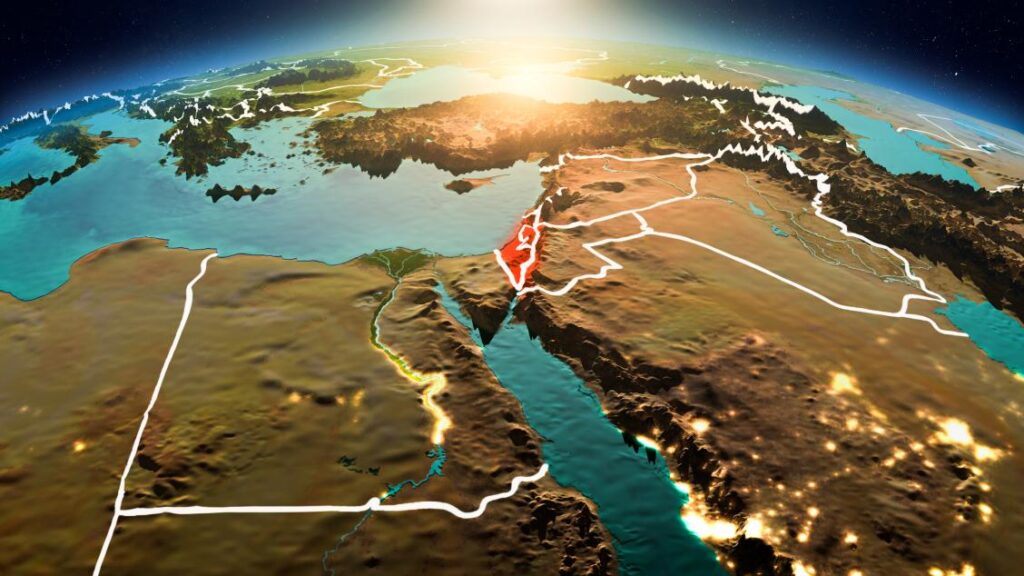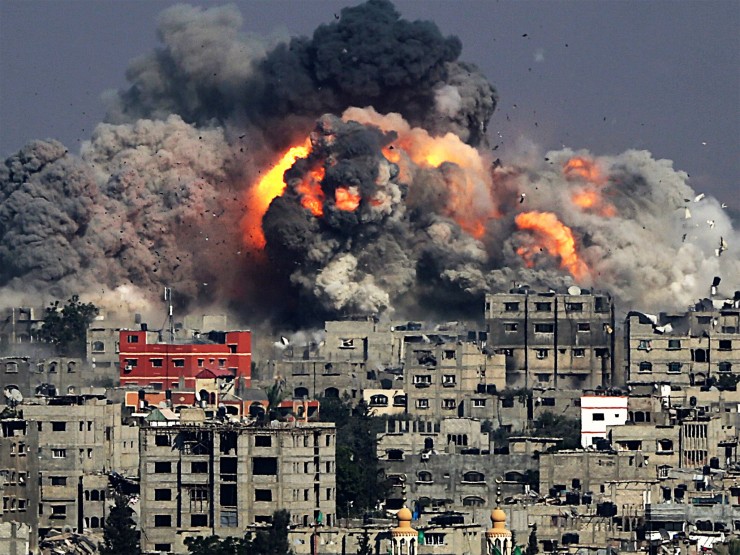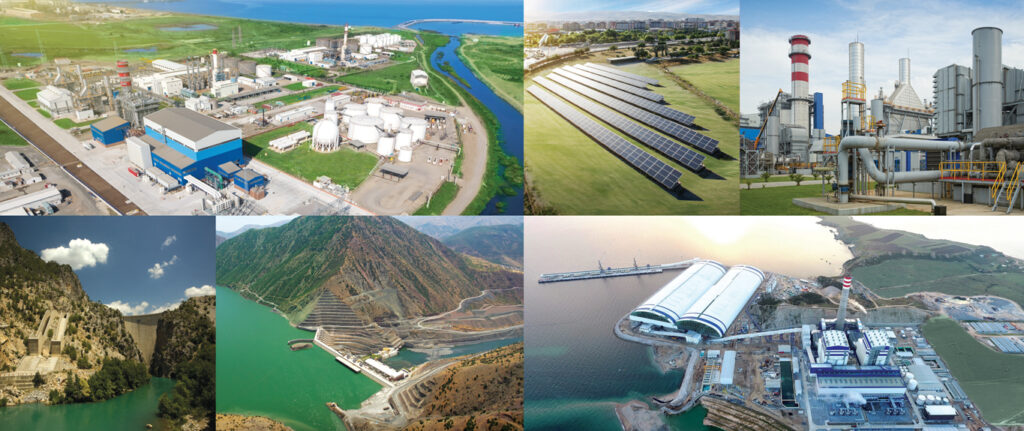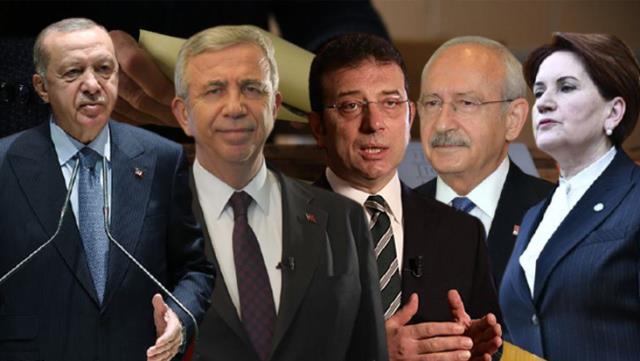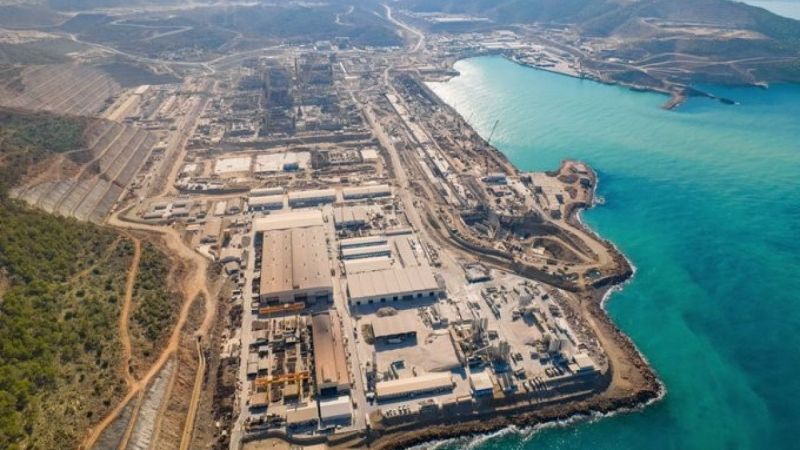Editor Note’s: The Middle East’s Struggle Between the Demons of the Past and Diplomatic Transmutation by N.Selin SENOCAK
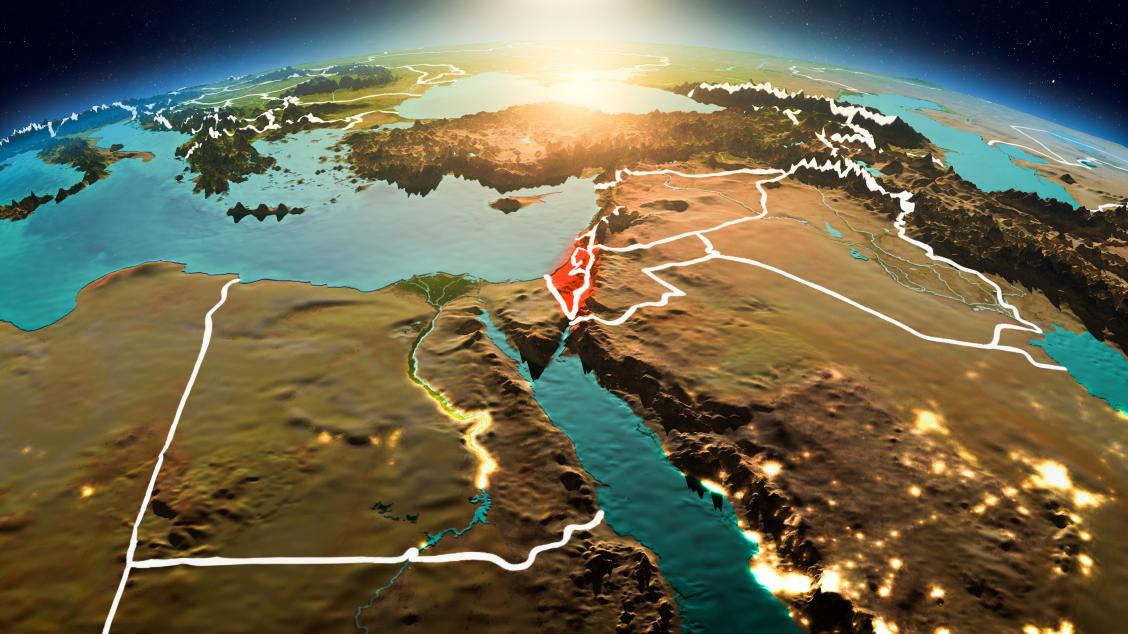
By N. Selin SENOCAK
ANATOLIA REPORT
February 2024
The Middle East has changed since October 7 and Israel and Gaza may never go back to how they were. Israeli attacks have killed more than 11 000 children and 7’500 women according to many officials’ sources. The war between Israel and Hamas is escalating dramatically and dangerously. The U.S. strikes against Houthis in Yemen mark a significant escalation rise in tensions in the Middle East. Besides the main players, 11 countries are now involved, either directly or indirectly: the US, the UK, Lebanon, Syria, Iran, Iraq, Yemen, Pakistan, Qatar, Egypt and now Jordan.
This conflict has incited South Africa to present its case against İsrael at the International Court of Justice (ICJ), accusing the country of committing “genocidal acts” against Palestinians in the Gaza Strip. The ICJ confirmed that South Africa’s charge, under the Genocide Convention, that “Israel has engaged in and risks further engaging in genocidal acts against the Palestinian people in Gaza” is “plausible”. It has further ruled that Israel must “take all measures” to avoid acts of genocide in Gaza. Netanyahu’s Government, and its powerful backers, are finally starting to face some accountability for their repeated, longstanding violations of international law.
People have already been suffering in Palestine for decades. Unfortunately, we are witnessing an endless cycle of bloodshed where both the Israeli and Palestinian population are enduring many hardships. Palestine deserves freedom, and the Jewish people deserve the peace that existed in Palestine prior to this whole occupation and even before the invention of Zionism a century ago. Jerusalem as the Holy land of the Abrahamic religions should be a beacon of peace not the heart of perpetual war.
At an annual meeting of the World Policy Conference held in Abu Dhabi in the United Arab Emirates in November, 2023, Anwar Gargash, a presidential advisor in the UAE deeply involved in the country’s diplomacy, referred to the Palestinian issues as “demons.” Gargash said, “The future is important, but at the same time dealing with the demons of the region [and] the demons of the past … is extremely important.”
“The Demons of the Past”
Why is the history of the region bathed in blood? Perhaps, this is because of a general lack of historical knowledge, or because of a long-running campaign in the Western media, in which aspects of history are deliberately elided.
Palestine, which yearns for peace and stability for over a century, saw its longest period of peace during the 401 years of Ottoman rule, from the conquest of Jerusalem in 1516 to the dawn of the British Mandate in 1917.
In hindsight, the troubles for Palestine began when, in 1918, the Ottoman Empire was forced to cede thse territory to the League of Nations, who handed it over for the British to administer as a Mandate. As it was later revealed, the British and the French had other ideas, having already secretly signed the Sykes-Picot Agreement in 1916 and publicly announced the Balfour Declaration in 1917.
What unfolded afterwards is well-known. Less known is what existed before. In other words, a continuous, 401-year-long rule of the Ottoman Empire — a period marked by peace, harmonious coexistence and flourishing of local culture.
The “Sykes-Picot” agreement, was the basis for the region’s political and social history of the 20th century, a “demon of the past” responsible for 100 years of nonstop conflict and repression. The discovery of oil in the 1920’s only increased the region’s strategic relevance to the eyes of the international community often at the expense of the local population. Sykes-Picot is often perceived as a typical divide-and-conquer strategy of the colonial powers.
Until the decision to dissolve and divide the Ottoman Empire, its subsistence was seen in function of it being a buffer against the Russian spread towards navigable waters, but also as a negotiator between competing European states. In that sense, we should rather think of the Sykes-Picot agreement of 1916 in line with that European rivalry.
In order to create these Mandates, the illusion of nation-states had to be created first so that the Mandatory Power could be transferred. Thus, out of the formerly mostly featureless Ottoman Empire were carved the boundary lines that now define the limits of the nations of the Middle East — Egypt, Palestine, Syria, Iraq, Iran, Kuwait, the Hejaz and Saudi Arabia.
The European powers saw the Middle East as the last golden opportunity for colonialism. The rest of the world had either already been divided between the Great Powers or the few remaining independent nations proved to be too strong to easily conquer.
As described by David Fromkin as “A Peace to End All Peace” – The Ottoman Empire had been defeated and, with the exception of Anatolia, was divided among the victors and their allies. The “peace to end all peace” was forced upon the Middle East – inflicting an entire century of chaos. “the 1922 Settlement”, sowed the seeds for much of the discord and strife that afflicts the Middle East to this day. The work of the European Powers — primarily France & Britain — in setting up “nations” where none had previously existed, and drawing lines on the map to create territories that suited themselves but ignored crucial ground truths, recreated ethnical and cultural tensions and fault lines which continue to render the region unstable.
These contradictions lay bare a certain nonchalance, a sort of ad-hoc way of thinking and a grotesque ignorance of the Middle East, its inhabitants and the existing power structures. These had taken root during the century-long decline of the Ottoman Empire and were often based on structures that existed way before the Turkish dominion. The British Foreign Secretary Arthur Balfour even suggested during the Paris Peace Conference in 1919 that it was literally impossible to fulfill all western promises and declarations, “partly because they are incompatible with each other and partly because they are incompatible with facts.”
The need for a real divide-and-conquer strategy only came in the 1930s with the discovery of important oil reserves in Saudi Arabia. At that time, the main political boundaries in the Middle East had already been drawn and consolidated. But that did not make them any less useful with the newly-found energy sources in mind, which would become increasingly more prevalent in the way the West looked at the region. Competing individual nations were much more preferable than Pan-Arabism.
There’s little purpose in wishing that the Sykes-Picot agreement along with all of its negative consequences would never have taken place. History’s there so we can study it as accurately as possible and learn from it, not change it. We could say European nationalism caused a lot of damage both in Europe and the Middle East.
The Middle East is currently going through seismic changes. Some borders will probably be re-drawn, for example the one between a prospective independent Palestine and Israel, in as much as such a two-state solution is still possible.
Rather than to radically pursue a Middle East that was never ‘Sykes-Picoted’, we should focus on making feasible compromises: federal structures for ethnically and religiously diverse states; more powerful regional coalitions.
Diplomatic transmutation in the New World Order
With the signing of the Abraham Accords, a pronounced shift in regional alliances can be seen as a direct result of these regional changes, commencing a new era of cooperation in Arab-Israeli relations. This agreement normalized diplomatic relations between Israel, the United Arab Emirates and Bahrain, then later a renewal in ties with Morocco. The Abraham Accords are providing new opportunities through the form of business partnerships, and government agreements that have all led to investment and growth in the area. While these historic peace accords seem to present a net positive for the region, it would be a mistake to not take into consideration the Palestinians. However, none of the signatories of the accords were in direct conflict with Israel. Thus, to frame the Abraham Accords as a “peace agreement” that increased stability between signatories is deliberately misleading for many regional experts as the Palestinian issue has yet to be resolved.
The fighting in Gaza turned back the clock, pitting Israel and the Arab world against each other again – the inevitable consequences of having pursued geopolitical interests while largely ignoring Palestinian issues. Relations between Israel and the Arab world will likely remain tense until the conflict in Gaza subsides and progress is made toward resolving the Palestinian issue. In any case, an early cessation of hostility in Gaza and progress in Palestinian-Israeli peace efforts will be indispensable to revive the recent geopolitical trend that aimed to stabilize the region.
Moving from the current war in Gaza to a process that advances a two-state solution is a necessity and should be a priority. As dire as these days are, there is no long-term alternative for Israelis and Palestinians other than the creation of an independent Palestinian state that neighbors Israel and lives in peace with it. Those in both societies as well as in the international community who seek peace should, thus, take the lead on achieving this, promote a positivist discourse, and restore hope.
Turning the ongoing regional crisis into an opportunity for reviving the Middle East peace process is daunting but necessary.
One of the most important features of the current global crisis is that it is taking place in a world that has never existed before. Of course, there are different regions and different regional problems, but today no-one is able to themselves from everyone else. As has been noted many times, the interdependence of countries upon each other in all areas – the economy, security, communications, energy, culture and many others – is growing, but there are clearly not enough regulatory tools for these interdependencies. This discrepancy and disequilibrium are one of the most important causes of the current world crisis, underscoring the obvious need for modernization.
Therefore, the situation in the Middle East must be considered in the context of the global situation: the “crumbling” of the former world order.
The Middle East has repeatedly played an outstanding role in the development of human civilization. The Middle East with its rich history and cultural heritage dating back to thousands of years, has always been the cradle of civilization, by virtue of being the birthplace of the three principal monotheistic religions, which played an outstanding role in the development of mankind. Europe’s emergence from obscurantism and tyranny into the Age of Enlightenment, can be attributed to a great degree to the knowledge acquired and transmitted from the Middle Eastern science, literature, and art.
Today, the Middle East is going through a very important and in many ways new stage in its development. On the one hand, the global development crisis has led to numerous challenges for the countries of the region; on the other hand, it also generates new opportunities. Yes, there are still many conflicts, contradictions, and traces of a very heavy historical legacy. But at the same time, some experts confidently talk about the “New Middle East.” There are reasons; above all, the amazing dynamics of development in many countries of the region. Here we are talking not only about obvious economic successes. We can also talk about socio-political progress, about the emergence of new identities, about the rethinking by societies of their position in the world, and their role in the development of the world as a whole.
As long as the countries of the Middle East fail to learn their lesson and allow the demons of the past to sow chaos in the region, the ensuing wars accompanied by the loss of wealth and independence will always be a foregone conclusion.
The Middle East can once again become the cradle of prosperity and peace provided that it manages to dissociate itself from any outside interference, be it the United States or other external forces, with the intent of achieving regional independence. It has the capacity of leading the region to prosperity not only through the potential of its economic, diplomatic, scientific and cultural strengths but also through the establishment of pragmatic and global alliances aiming to achieve broader goals for the common interest of its people.

